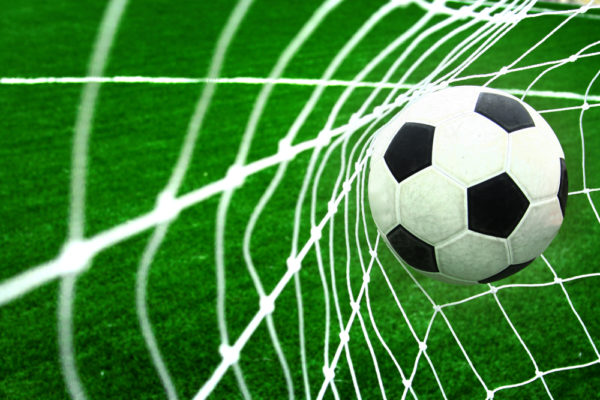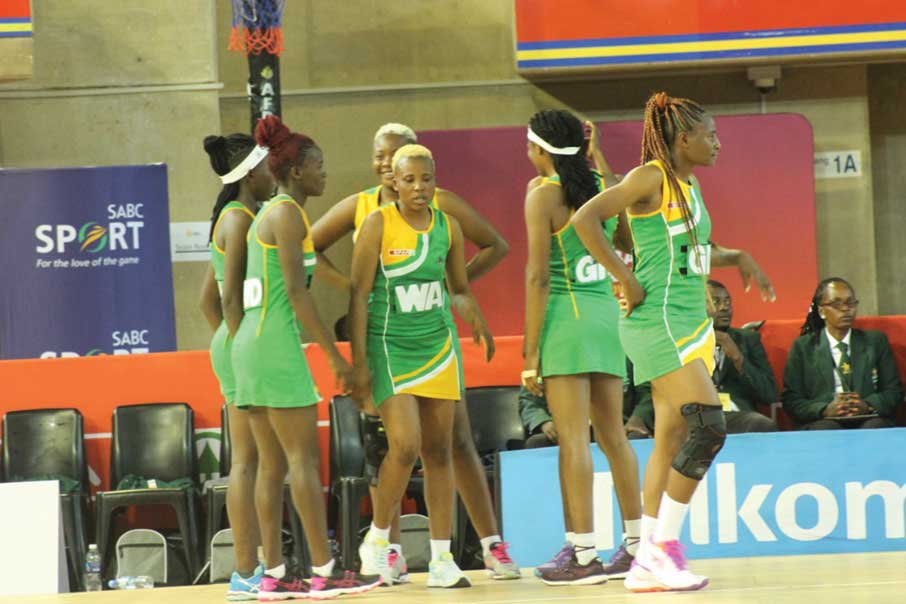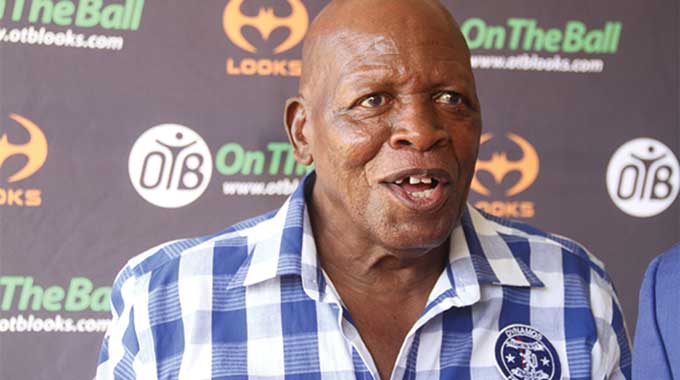
BY TIM MIDDLETON
THE ‘10 000 Hour Rule’, popularised by Malcom Gladwell, has been discussed at length in many quarters. We are led to believe that success in any field will come if we put in 10 000 hours of practice, though others add that it must be intensive, intentional, guided practice; others still point out that the number of hours is not intended to be legalistic but in general terms an average amount of time required.
None of the scientific research however is as convincing as one simple point that will dismiss the ‘10 000 Hour Rule’ totally out of sight. It is, quite simply, this: children master the art of losing badly extremely quickly! Ten minutes is all they need for that, not 10 000 hours.
We have all seen it: children at a very young age love to run around a field chasing a ball, often with little effect or impact, and come off the field exhausted but completely unaware and uncaring regarding the score! They have had a ball! The score was not important to them. Yet within a very short space of time, they turn into young people who hate to lose, who scream and shout and rant and rave and huff and puff, who cry and sulk and blame and argue.
Many of them continue to act in a similar way in the face of defeat as they grow older and remain bad, sore, cross, crass losers. What has caused this total osmosis or metamorphosis? It is certainly not practice!
Has someone sat them down and told them that this is the way they must lose? Have they been drilled in the art of responding to defeat in a dark, destructive, negative, conflicting manner? Have they been told when to shout, when to sulk, when to complain? Or is it just a matter of growing up? How come they are for the most part bad losers?
The main reason must be that we do not educate children about what winning and losing means. We do not underline that winning or losing do not measure our worth or value; we do not state that winning or losing are not everything in life. We do not show that both winning and losing are learning opportunities which can be welcomed equally. Instead, children learn they must not lose.
An obvious fact is that no parent likes to face a screaming child having a major tantrum so many parents will always allow their child to win in games at home, to the extent that the child gets used only to getting their own way, to winning.
- Chamisa under fire over US$120K donation
- Mavhunga puts DeMbare into Chibuku quarterfinals
- Pension funds bet on Cabora Bassa oilfields
- Councils defy govt fire tender directive
Keep Reading
That does not help the child at all. Parents need to say “No” so the children know; they need to deal with the tantrum and explain why it is not appropriate or proportionate. They must not have their own way all the time. They must be allowed to lose. Linked to that is the fact that, more often than not, a child is a bad loser because he is given too much too soon; he is not mature enough to handle defeat or loss. Children need to be allowed to play freely and for fun without any pressure of recognising scores and wins.
Not only do we not educate our children about winning and losing but we do not give good examples; the reason we have bad losers is because we have bad winners. Bad winners shove defeat in the face of losers, make a big deal of something that is not big, mock and taunt and humiliate the losers to the extent that the loser will react in a bad way as well; we do not correct or rebuke children for such behaviour.
Conversely, it is true to say that children do not always see examples of good losers; parents and professionals, coaches and elders, people we would expect to set a positive example, lose badly and children copy their example. Few show proper respect to their opponents or officials but only seek to minimise their own culpability and lessen their opponent’s own ability.
When an adult allows his child to win, does a child stop to think, “Now, wait a minute; here I am, small, weak, young with little practice, beating a grown, wise, mature, strong adult with years of practice – is there not something suspicious here?” As someone has widely stated, “One of my clearest memories of my grandfather is when he beat me in chess and I cried because I was a sore loser and he said ‘OK, I’ll play you left-handed’ and then I won and it took me until like last week to realize he was a clown.”
We adults take them for fools, because we can get away with it; we let them win but for no real long-term benefit. Quite simply, children must learn to lose; they must learn to be good losers. They must be educated to see where losing fits in to the bigger picture. This lesson has only taken five minutes, not ten thousand hours; it should not take any longer!










